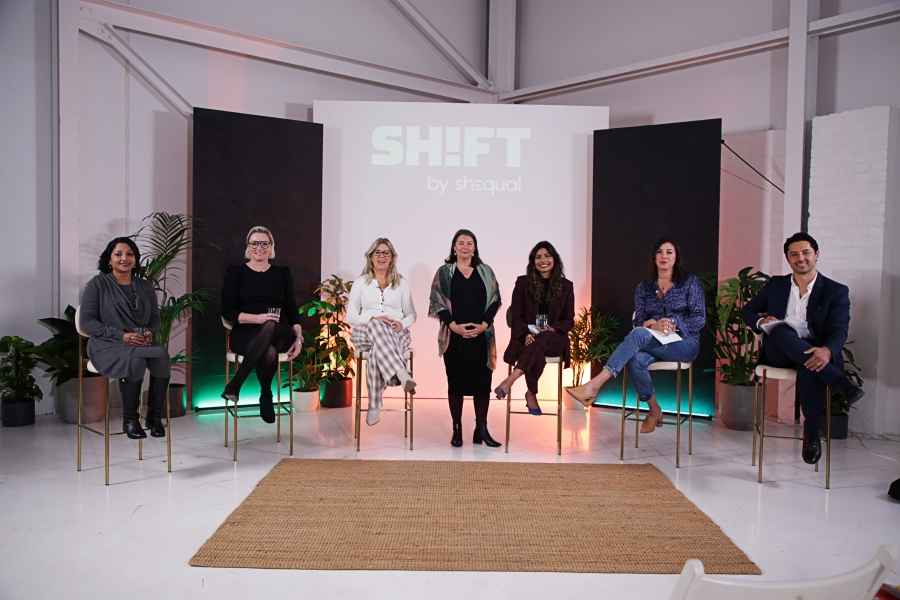Australian advertising equality movement, Shequal, has launched a new series of videos as part of its ongoing efforts to end the use of sexist tropes in advertising.
Created in partnership with Icon Agency, the video series features a panel discussion on the pervasive flaws in the depiction of women in Australian advertising. It is part of the SH!FT campaign, supported by robust conversations across agency land.
“We need to talk more about how the advertising industry represents women to the Australian public and the potentially damaging impact female stereotypes can have,” said Dianne Hill, CEO of Women’s Health Victoria, the organisation leading the Shequal movement.
Earlier this year in June, Shequal surveyed 598 advertising professionals in Australia to find that a third (30%) were concerned by potentially sexist content in advertising and hesitated to call out gender equality issues due to fears of negative consequences. Other reasons for not speaking up included feeling it wasn’t their place (30%), they weren’t senior enough (29%) and a lack of experience (27%).
Conversely, the research also showed that depictions of women that were respectful (93%), realistic (88%) and diverse (89%) were extremely, or very important to respondents.
Actioning on this disconnect between the intentions and actions of the industry, Shequal hosted seven panel discussion videos, where industry experts challenge the gendered stereotypes in their work. The panel includes well-known names in Australia, such as Dhivia Pilai (senior strategist, TBWA), Sarah Vincenzini (associate creative director, M&C Saatchi), Niall Hughes (group account director, Icon Agency), Anathea Ruys (CEO, UM Australia), Irene Joshy (head of creative, Insights, Kantar Asia & Australia) and Fiona Le Brocq (senior executive, Brand, Marketing and CX, Medibank).
Shequal developed the stereotypes by analysing of its internal ad library of campaigns launched between 2016 and 2021.
The seven stereotypes it found were:
- Model mother—depicting women as the sole caretaker of the home and children.
- Passive little girl—ads showing young girls playing with dolls and home appliances.
- Observed woman—women losing their voice to a male narrator and often intersects with the sexualised woman stereotype.
- Sexualised woman—the seductive woman that suggests only value is their sexual appeal.
- Pretty face—ads that only include women for aesthetic purposes.
- Magical grandmother—older women, often in the kitchen, as a supporting character who is there to offer love to younger characters.
- Ticked-box character—women from diverse backgrounds being included but without any substance, lines or backstory.
Key insights from the panel include how changes in casting can create more authentic and diverse talent selection, the importance of raising concerns during the making of ads, and why advertising really needs get a grip on those that are absent from the conversation, including women with disabilities, women with larger bodies, queer, older, and women of colour–especially First Nations women.
Icon co-founder and managing director, Joanne Painter said:
Australians see thousands of adverts each day, making it hard to underestimate the power our industry has to shape social opinions and expectations of women for the better. It’s therefore vital that we challenge inequality through our content and storytelling, which starts with the people making it. Gender and cultural diversity are deeply ingrained in Icon’s DNA and as a female-founded and led agency, we’re proud to support Shequal’s work. We hope that the content series furthers the much-needed conversation around the representation of women in the media.











